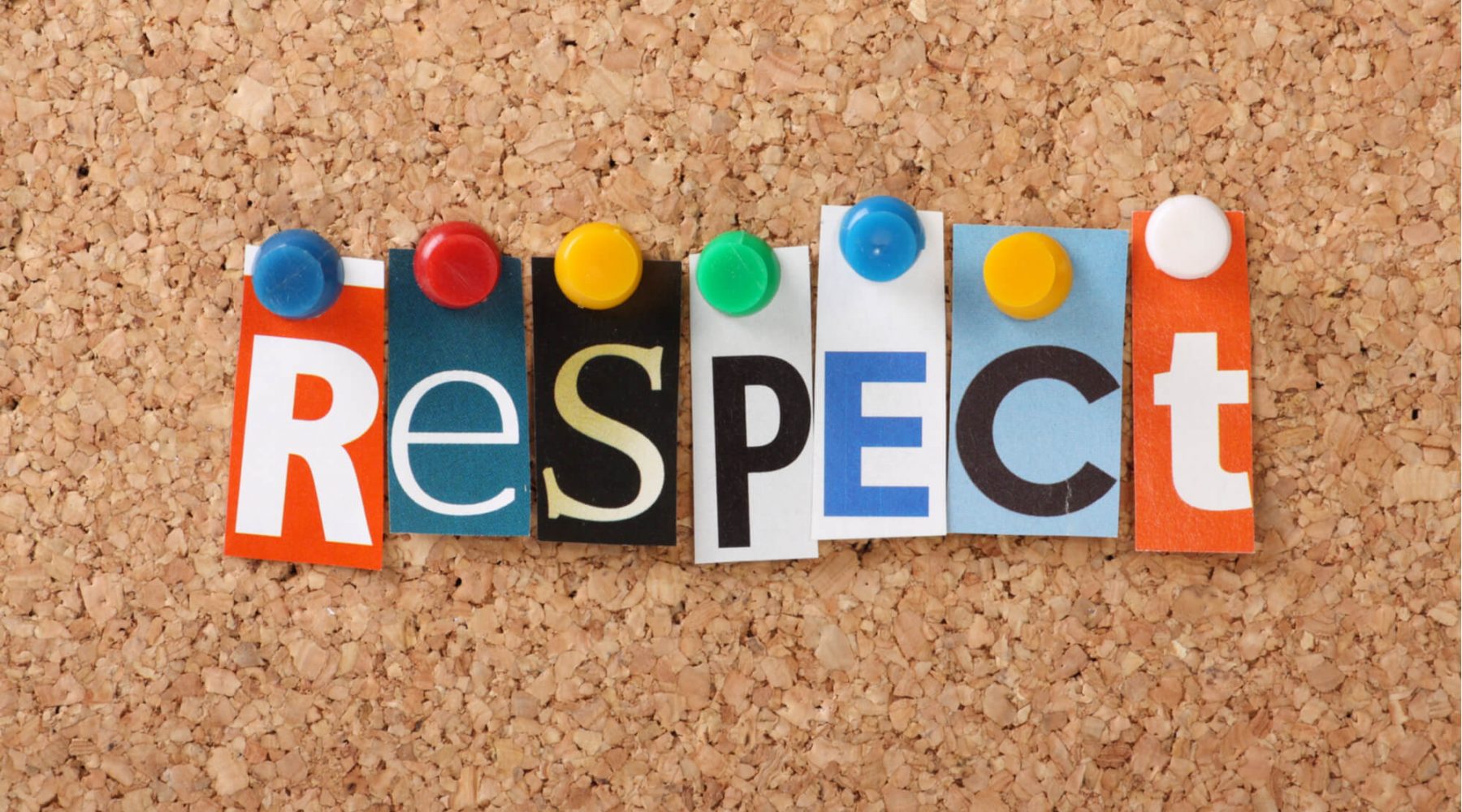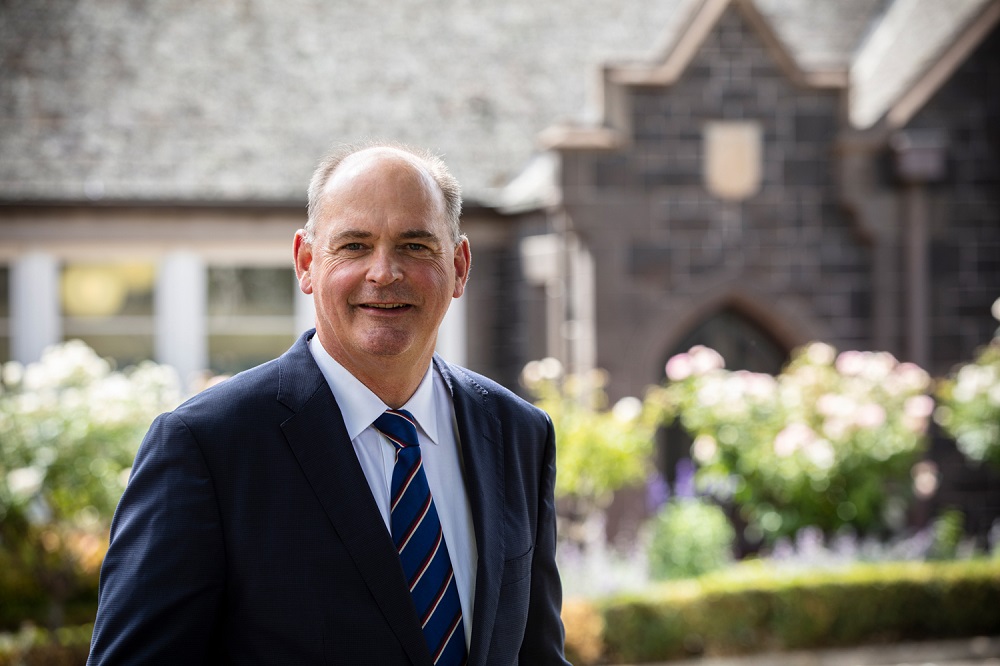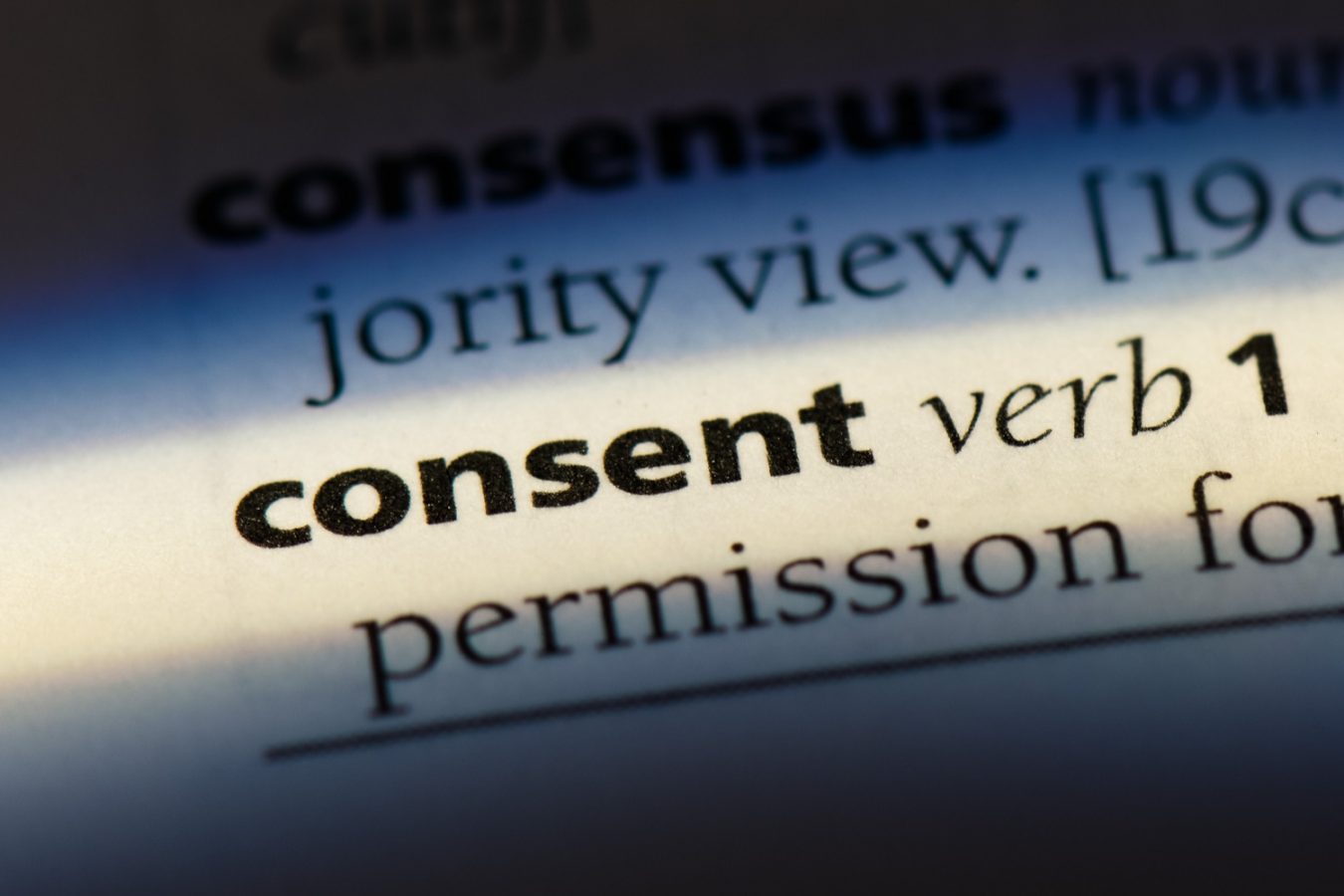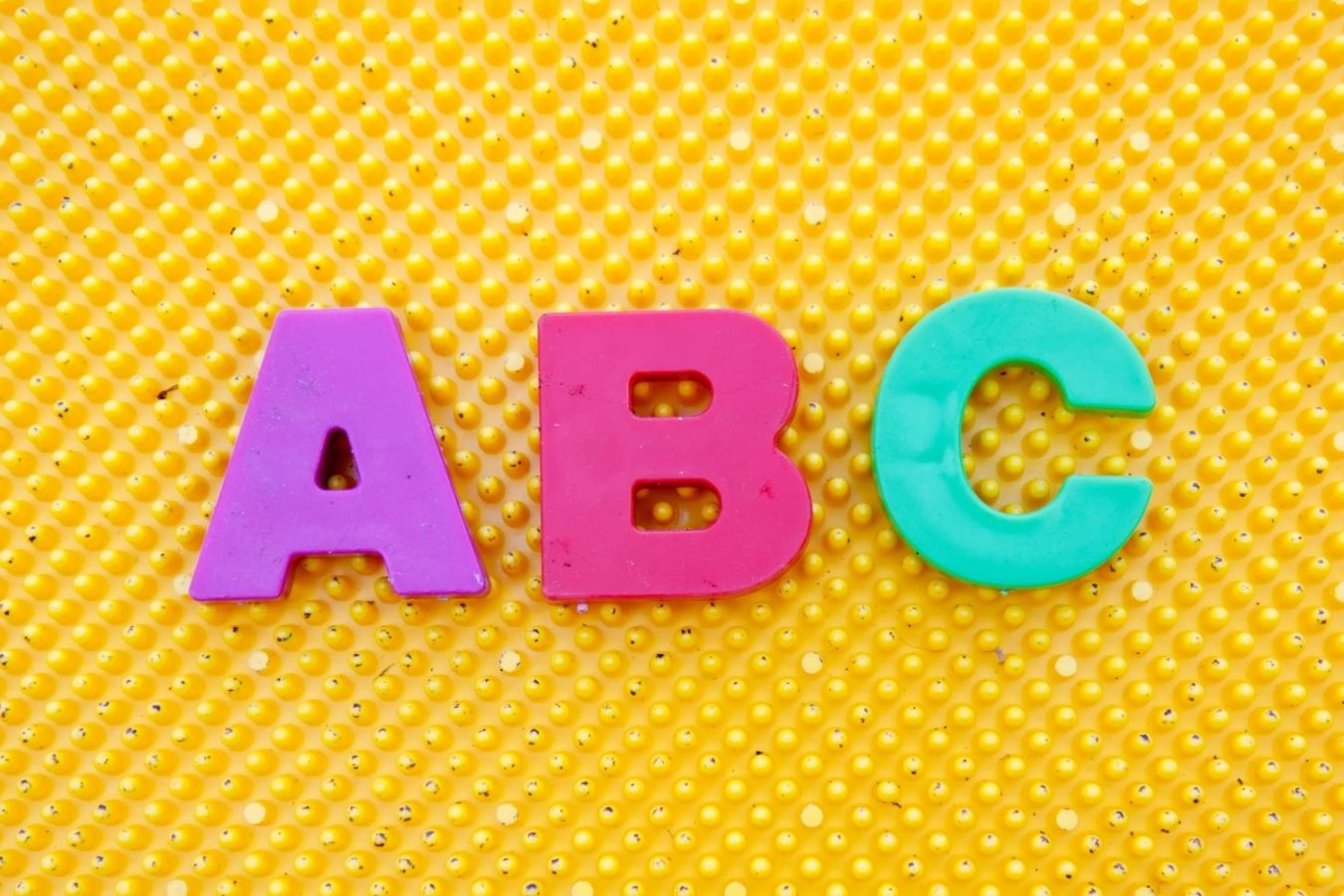
We face a welcome and hopefully permanent societal shift towards more respectful behaviour, writes Philip Grutzner.
One of the developments that has prompted the current national conversation about consent and respectful relationships – a conversation that stretches from federal parliament to school classrooms – has been an online petition and forum organised by a former Sydney school student, Chanel Contos.
The forum has attracted thousands of testimonies from young women, many of whom have alleged that they were sexually assaulted by male students, often at private parties. These incidents involved students in all school sectors and all states. The incidents are deeply disturbing on so many levels.
Parties are an important part of growing up and social interaction – providing they are well run, well supervised and respectful.
Unfortunately, school staff regularly hear about a night-time party which turned into a nightmare party, which has been gate-crashed by strangers, where guests are physically or sexually assaulted, where alcohol misuse arises, illicit drugs are present, and property is damaged.
While all schools are concerned about the welfare of their staff and students at all times, a school’s legal responsibility does not extend to private parties. This is a responsibility that parents cannot abdicate, even if, when things go wrong, the school extends its care to those who are affected.
In parents’ conversations with their children about private parties, the two most important things they can say to their children are ‘I love you’ and ‘No’.
The word ‘no’ is important. As parents, we are not here to be our child’s best friend; we are here to love them. Part of that love is to set and maintain clear boundaries. Saying ‘no’ is not always easy, especially when it comes to parents negotiating expectations surrounding teenage parties.
Parenting has never been easy. Most of our parents did their best with the skills and resources they had, often under challenging circumstances. With the wisdom of hindsight, and after experiencing the challenges of parenthood firsthand, most of us have greater appreciation for what our parents did for us.
Is parenting getting harder? I think so. We have the communications revolution to deal with; students make quicker and wider connections with others via the web, email, and text messaging. They are more materially wealthy than any previous generation, are probably more demanding, more willing to challenge authority, and want far greater freedom.
Compassion and understanding
I firmly believe that compassion and understanding, rather than judgement and accusation, are the secrets to success in both education and parenting. Likewise, structure, routine and discipline are vital, even though at times the exchanges with a teenager can feel like a battlefield. You won’t always be popular, but parents are not there to be popular; it is your responsibility to provide parental love, leadership, and safe boundaries. Teenage parties can be a family disaster but good planning, understanding and having some sensible guidelines in place is the recipe for success.
While unsupervised parties might sometimes provide the venue and opportunity for abuse, it is clear we face an issue of disrespectful behaviour that pervades aspects of our society.
The pervasive influence of distorted male and female stereotypes in pornography, entertainment and popular culture media, that has such a powerful impact on teenagers, does not help. Many of our teenagers will have been exposed to online pornography, sometimes intentional, sometimes accidental. Such pornography is cheap, readily accessible, often violent and certainly exploitive and demeaning of women. It treats sexual activity as transactional.
Schools recognise that we are all the sum of our experiences – at school, at home and elsewhere. All members of a school community have a role to play in addressing all elements of the disrespectful behaviour which the current national debate has exposed. This includes parents, who need to have open, frank and age appropriate discussions with their sons and daughters about respectful relationships, consent and appropriate conduct.
We are all participants in what is, I believe, a welcome and hopefully permanent societal shift towards more respectful behaviour towards others. We all play our part; more so men. This is an important and challenging agenda, to ensure that we nurture, teach and model respect towards one another within the community, the people we interact with more broadly, and our society as a whole.

About the author
Philip Grutzner is Headmaster of Melbourne Grammar School.
This article is based on his recent newsletters to parents.


